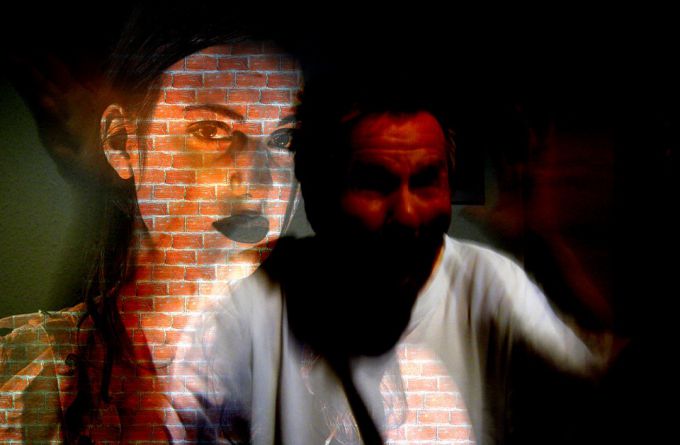People traditionally considered to be the head of the family – the husband, the father, exposes her household physical, psychological, economic impact, aimed at intimidating them full control over them, turning them into "whipping boys" on which he can make up for their failures in social adaptation. Victims of domestic aggressor always become weaker (physically or psychologically) than he, family members: spouse, children, elderly parents or relatives with disabilities under family care.
Occurs, thus, the distribution of roles: the abuser – victim (victim)". For the abuser in this relationship is characterized by: - seated inferiority complex; confidence in their right to use violence at home; low score or complete lack of attention to their spiritual life; inability to control myself, need as soon as possible to overcome arising for any reason frustration. When you complete non-family members to his actions, the violence increases is made more and takes more severe forms.
Those who play the victim role, tend to show low self-esteem; to justify the actions of the aggressor; demonstrate confidence in the normality of family violence and its conviction that assistance nowhere to wait. Often, even subjected to beatings, they don't appeal to the law-enforcement bodies, having misconceptions about family relationships. In such circumstances, domestic violence can last for years, remaining concealed from others.


